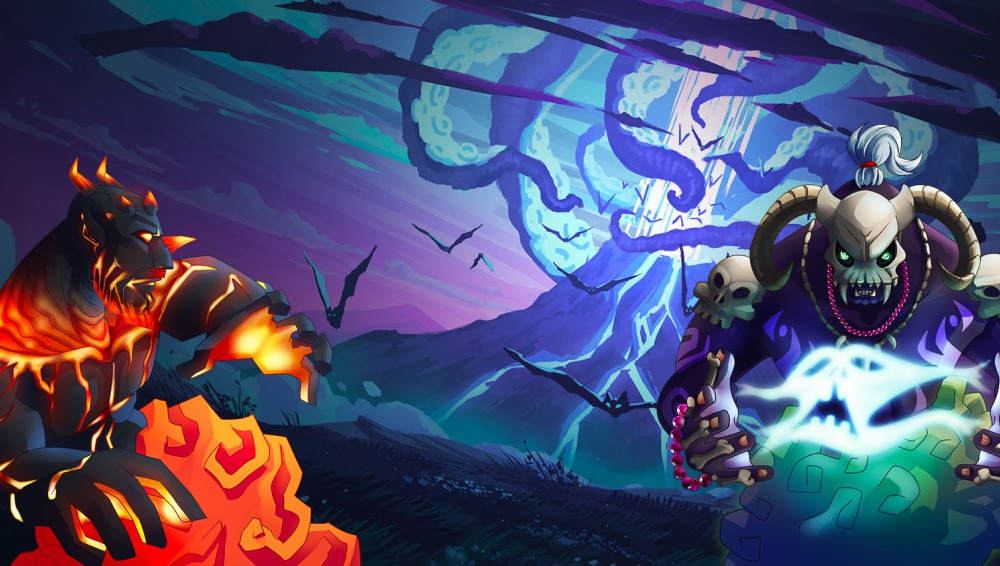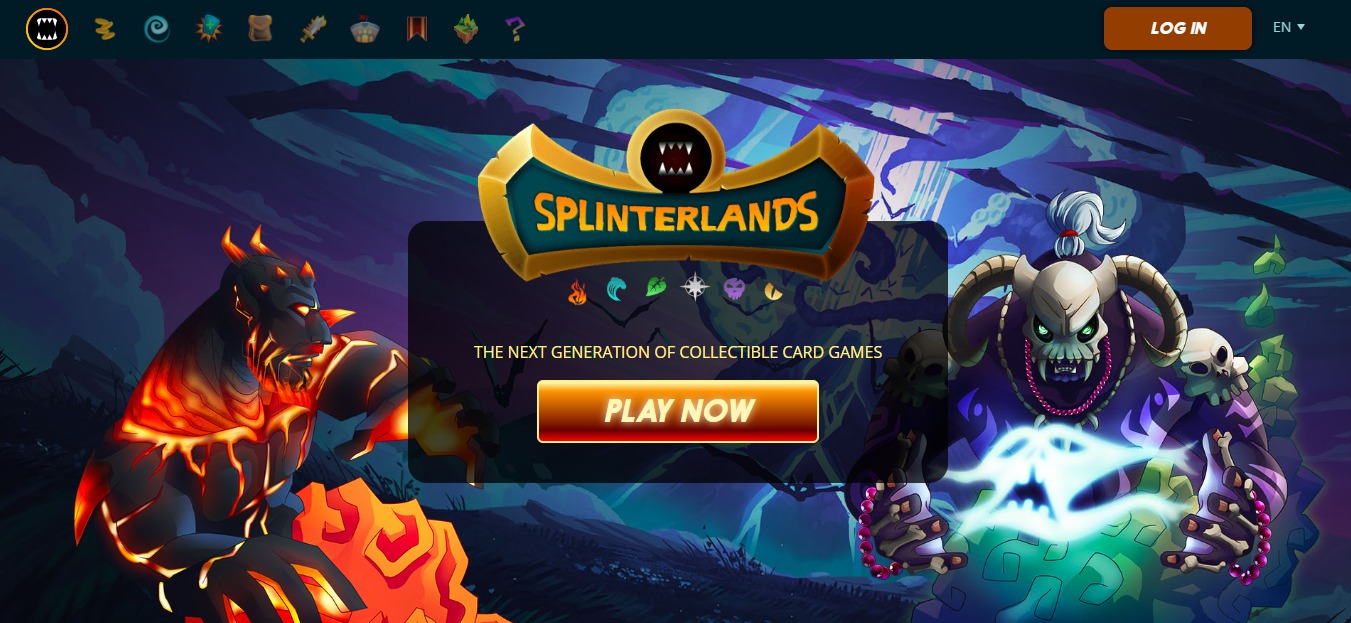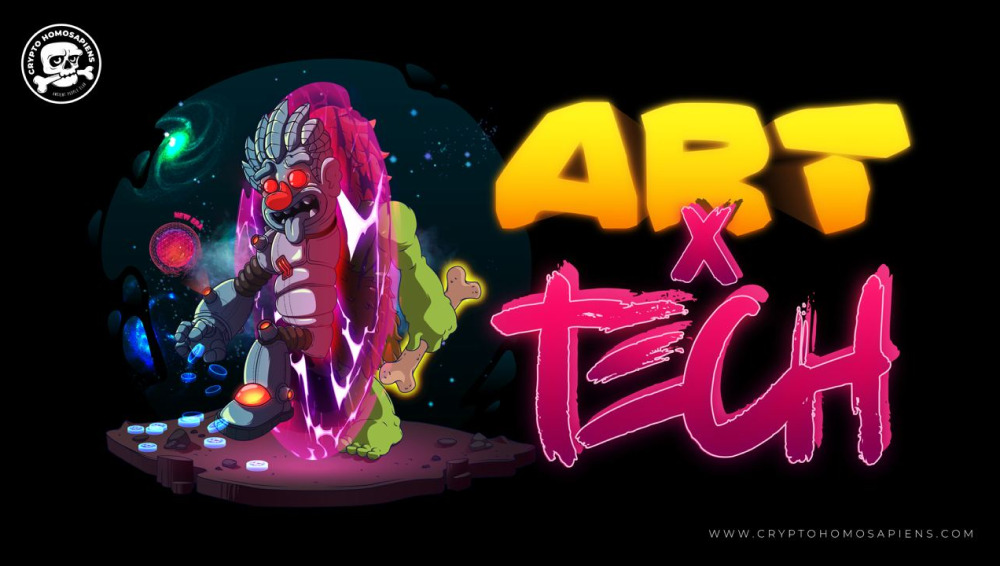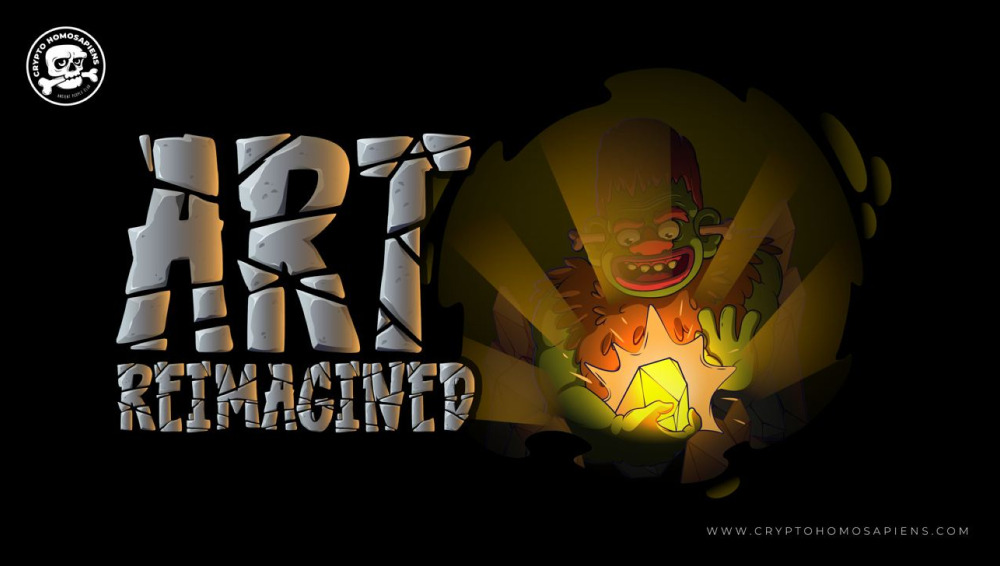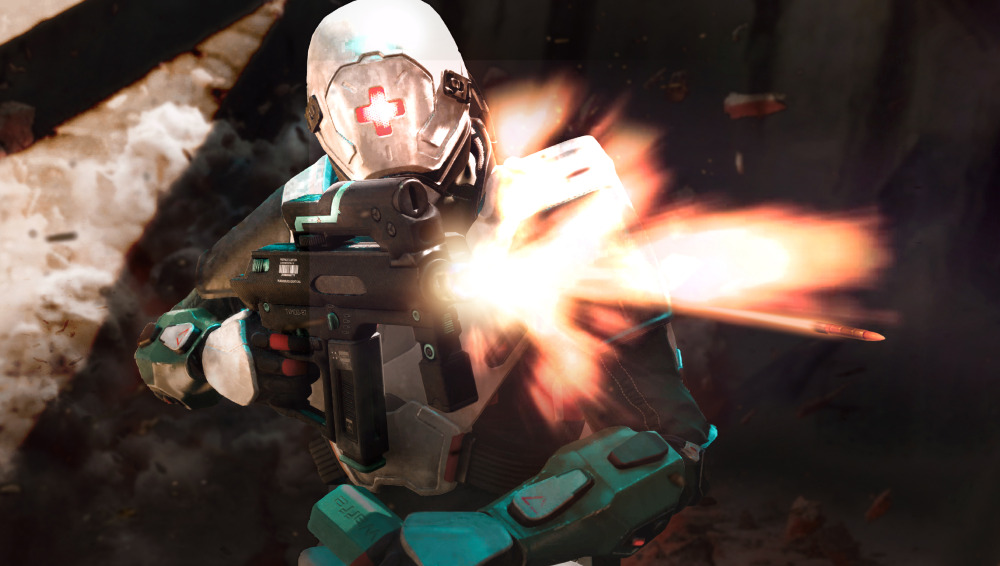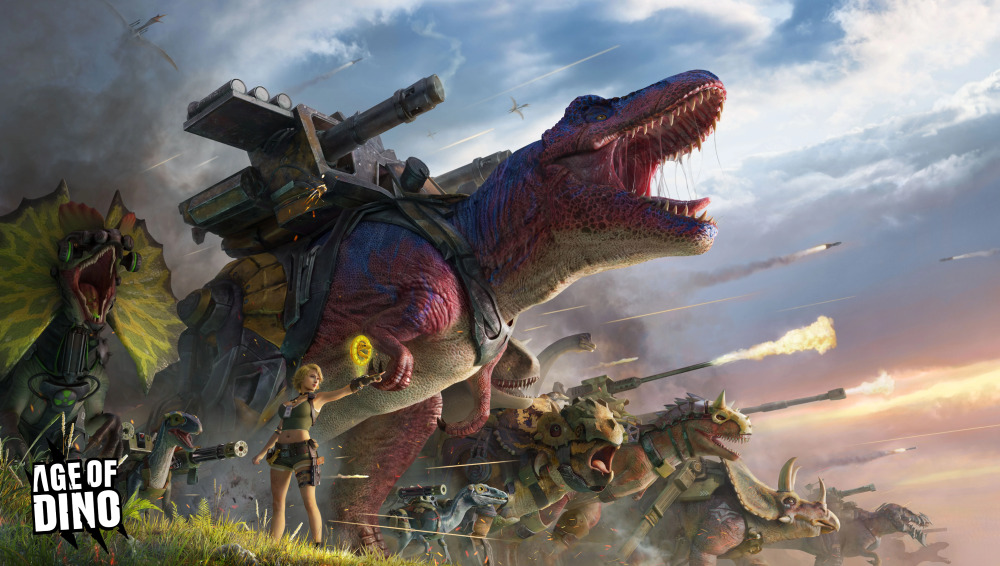Introduction:
Splinterlands is a collectible and tradeable play-to-earn card game based on the Esteem blockchain fork, Hive blockchain. Splinterlands was first based on the Esteem blockchain but after the Esteem blockchain became too centralized, the entire ecosystem moved to its fork, the Hive blockchain. This game also allows users to collect various cards, define a team, and use special character attributes to defeat their opponents.
Splinterlands Gameplay:
Overview:
With a focus on deck building, this trading card has established itself as a mainstay of blockchain gaming. You may play the game for free to get a taste of it, but you must spend $10 on the “Summoner’s Book” to fully utilize Play 2 Earn.

Though purchasing the Summoners Spell Book is a one-time update, those who do not update their cards will miss out on the following perks:
-
No Rewards can be Earned
- No Tournaments
- No Trading on the Market
- No Guilds
With an emphasis on creating a potent deck and employing these cards in mechanical combat. This makes the game easy to learn and quick to play. You are rewarded with Dark Energy Crystals ($DEC), the game’s native currency, which you may obtain by doing daily quests or “burning” cards to reduce their supply and raise the value of the remaining cards. The game is available for both Android and iOS.
|
Features |
Play to Earn, Collectable, Bet able, Tradeable, Live Battles, Calm Game, Convert cards into crypto |
| Scenes | Dark Theme, Night mode User Interface |
| Graphics and Interface | Moderate to Hard level design, Dark interface, Complex Card Design |
| Ease of Use | Designed for Moderate to Professional level Players, No Balanced Matching |
| Ecosystem | Player vs Player Game, Marketplace |
| Payment Methods | PayPal, CODE, Crypto |
| Playable Characters | Monsters |
| Rent and Play Threshold | Higher Rates |
Rarity:
In the Splinterlands ecosystem, there are different levels of rarity for cards and land plots, which affect their availability, value, and gameplay impact.
For cards, there are regular and gold foil variations, with gold foils being rarer and providing more Collection Power and a bonus when played in a winning battle. Both regular and gold foil cards can have different rarities, ranging from normal to legendary, which indicates their scarcity and impact on the game. Splinterlands is expanding its virtual land plots, going another step closer to Splinterverse.
.jpg?alt=media&token=a2ab112f-58ef-4e6b-b22d-abc635f16544)
Basic decks provided by the game are limited to common and rare cards and do not contribute to Collection Power or league ranking. Gold foil basic cards are default level two. The cards have a different kind of rarity based on the following traits:
- Health
- Speed
- Attack
- Armor
- Abilities
- Elements
- Mana Cost
Land plots also come in different sizes and rarities, with the smallest one being a plot. Each plot of land has a terrain type, a category, and a rarity. The terrain type indicates the kind of land and resources available, and the category specifies whether it’s natural, magical, or occupied.
Natural lands offer one of four natural resources, while magical lands provide magical resources with a higher rarity. Occupied lands are inhabited by monsters, which can be battled to obtain monster essences needed to mint items and spell cards. The rarity of land plots also ranges from common to legendary, with higher rarities indicating more abundant resources.
Splinterlands Tokens:
Splinterlands is a multi-token ecosystem of Splinter Shards (SPS) and Dark Energy Crystals (DEC) and both have their own role in the Splinterlands game economy.
| Token | Dark Energy Crystals (DEC) | Splinter Shards (SPS) |
|---|---|---|
| Function | Reward token for winning games and burning cards | Governance tokens used for staking and voting |
| Collection Power | Determines the value of a card when burned | Determines the amount of SPS received in airdrops based on the amount of collection power owned |
| Acquisition | Earned by winning games | Airdropped to card and asset holders based on collection power owned |
| Eligibility | Can be acquired through delegation or rental | Only collection power owned directly counts towards SPS airdrop eligibility |
| Utility | Used for burning cards | Can be staked for rewards and used for voting on governance proposals |
Conclusion:
Splinterlands is one of the games that stood strong and resilient in the bearish market of 2022. The P2E game economy, huge number of daily active users, and stable dual token model tell the success story of Splinterlands. The depth and complexity of the game are its strengths, as it offers a unique and engaging experience for players.
Disclaimer: This article is provided for informational purposes only. It is not offered or intended to be used as legal, tax, investment, financial, or other advice.

